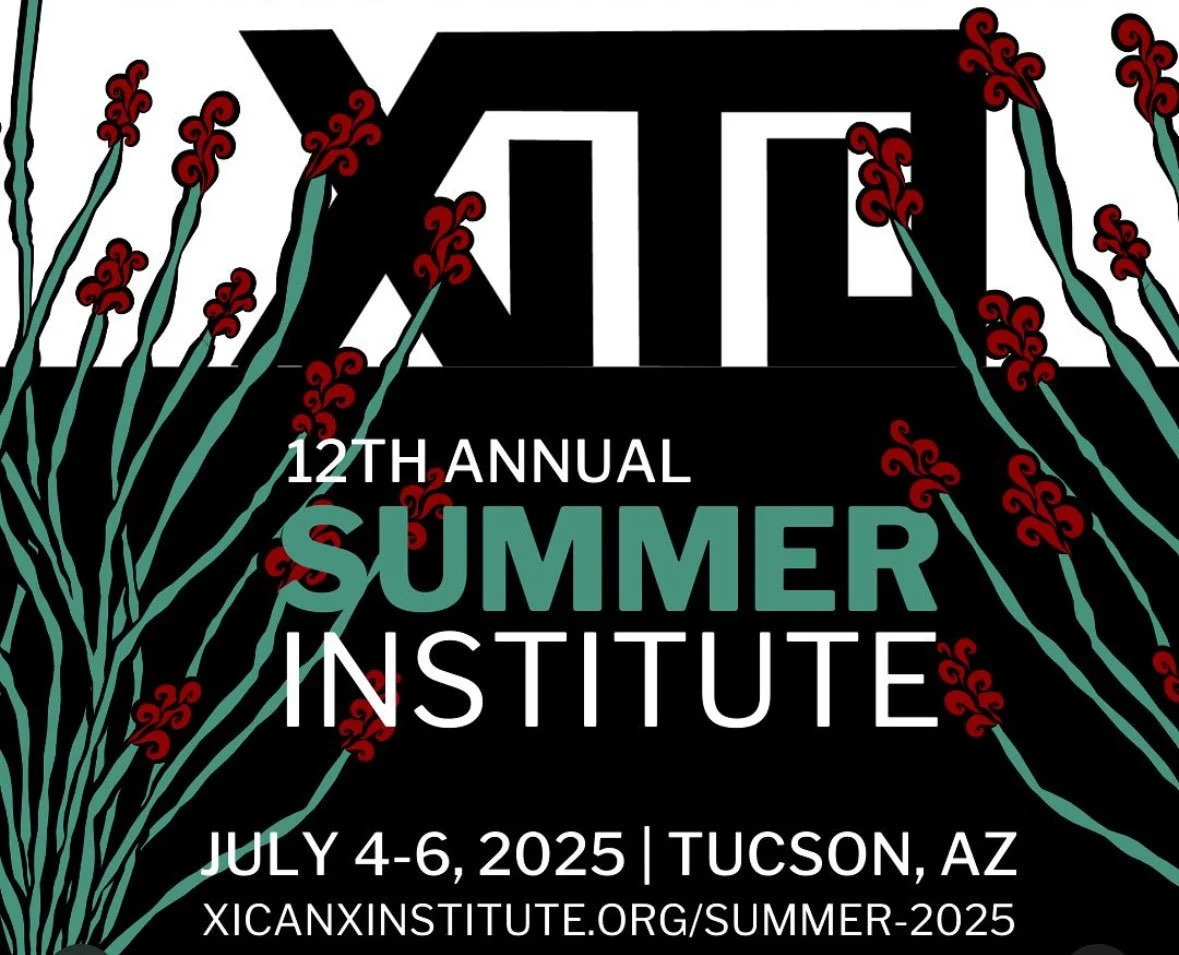Banned Books, Broken Trust, and the Politics of Distraction
Welcome to The RootED Weekly
Deeply Rooted in Education and Equity
Issue 05 | 18 April 2025
A Note from Dayson
When I think about the most powerful moments I’ve witnessed in a classroom, they weren’t about test scores or perfectly aligned standards. They were moments when students asked hard questions, challenged assumptions, or found themselves in the pages of a book they were able to choose. Those moments, the ones where identity meets inquiry, are what make classrooms sacred civic spaces.
But across the country, those spaces are under attack. From book bans to legislative gag orders, the message is clear: some truths are too dangerous, some histories too uncomfortable, and some identities too inconvenient. These efforts don’t just silence educators; they erase the very experiences that help young people make sense of the world and their place in it.
Let’s get one thing straight: Teaching is inherently political.
This week, we’re digging into how these policies are reshaping public education and why we must resist. Because classrooms should be places of courage, not compliance. And because the future of our democracy depends on students who are allowed to learn and question freely.
-Dayson Pasión
Founder & Principal Consultant, RootED Consultancy
Digging Deeper: How Lawmakers Are Using Fear to Control What Students Can Learn
Classrooms Are Civic Spaces
If you’ve ever had the privilege of teaching students to question, reflect, and wonder, then you already know the classroom is more than a place to deliver content—it’s a civic space. It’s where young people begin to shape their sense of self, society, and what’s possible. And when students see themselves reflected in the curriculum, they engage more deeply, dream more boldly, and participate more fully.
But that trust is under attack. In North Carolina and across the country, including in places like Florida (see story below), lawmakers are pushing a new wave of censorship under the guise of “parental rights” and student safety. The passage of the Parents' Bill of Rights in 2023 restricted conversations around gender identity and sexuality in early grades and signaled to educators that some identities should be kept quiet. Now, House Bill 636 goes even further, targeting the very materials available to students in school libraries.
The Real Impact of House Bill 636
HB 636 requires every public school unit to create a 10-person community library advisory committee, half parents, half district staff, that decides what books are allowed in libraries and even at school book fairs. If parents or residents object to a book, the committee must review it. The bill prohibits library materials that contain descriptions or depictions of sexual activity or are deemed “pervasively vulgar”, terms that critics say are vague enough to target books that explore race, identity, trauma, or coming-of-age themes. Approved books are catalogued, and rejected books are reported to the State Board of Education, which must maintain a public database. And if a parent or county resident disagrees with a district’s decision? They can sue for up to $5,000 per book, plus attorneys’ fees.
Supporters claim this is about “protecting children.” But the implications are clear: a chilling effect on what students are allowed to read, a fast-track to censorship through community pressure, and yet another system that inserts politics between students and their right to learn. We’re not talking about protecting kids from obscenity. We’re talking about the slow erasure of books that reflect diverse lives and honest questions.
Let’s be honest: this legislature isn’t protecting children. It’s weaponizing fear. Time and again, lawmakers have introduced and passed bills that use vague, emotionally charged language to stir panic and score political points, all while eroding public trust in educators and local schools. They claim to trust parents, yet they sideline teachers and flood classrooms with top-down mandates. They talk about transparency, but what they’re really building is a bureaucracy of surveillance; one that punishes schools for fostering curiosity and complexity. If this were truly about safeguarding children, they’d be passing laws that fund mental health supports, reduce class sizes, and address gun violence. Instead, they’re banning books and muzzling educators.
We Know What Real Learning Looks Like
What’s at stake isn’t just a single book or author; it’s the culture of trust and critical thinking that schools should foster. We know what engaged learning looks like: when a student finds their story in a novel for the first time. When classroom debates spark civic imagination. When an educator feels safe enough to teach the full truth of our history and present.
We resist by refusing to let fear dictate what our students can learn. We resist by speaking up at school board meetings, by organizing alongside students and families, and by building coalitions that affirm the right to a full and honest education. We resist by continuing to teach with integrity, even when it’s hard, and by lifting up the stories, histories, and voices that have always been pushed to the margins. The classrooms we want are already being built: spaces where students are trusted with the truth, where identity is not a liability but a source of strength, and where curiosity is cultivated, not controlled. That future is still possible, but only if we fight for it, together.
RootED Resource of the Week
When truth itself is being legislated out of classrooms, the Teach Truth Campaign by the Zinn Education Project offers a bold invitation to resist.
This national campaign supports educators committed to teaching the full history of the United States, including the stories of Black, Indigenous, and other marginalized communities, despite increasing censorship. The campaign includes free, downloadable lessons on people’s history, guidance for educators navigating restrictive laws, and a growing network of teachers and allies taking a public stand for truth in education.
This resource affirms what many of us already believe: that students deserve an education rooted in honesty, not erasure. Whether you’re looking for resources, solidarity, or a roadmap for action, this campaign offers tools for the road ahead.
Explore the campaign: zinnedproject.org/campaigns/teach-truth
In the News: Florida Moves to Expand State Power Over Book Bans
Florida lawmakers are advancing House Bill 1539, a bill that would give the state more direct control over what books are allowed in public schools. The legislation would redefine what is considered “harmful to minors” and revise how instructional materials are reviewed, potentially undermining the longstanding Miller Test, which considers educational, literary, and artistic value in determining obscenity. Opponents warn that the bill could further accelerate Florida’s lead in book bans and result in districts losing funding if they don’t comply.
This isn’t just about Florida. It’s about a growing movement to centralize control over what stories students are allowed to access and which communities get to see themselves reflected in their education. When states decide which books are acceptable, they’re not promoting safety. They’re promoting silence.
Florida isn’t the outlier, it’s the blueprint. And North Carolina may be next. During a recent House Education K-12 committee meeting, Representative Heather Rhyne suggested that House Bill 636 does not go far enough. Rep. Rhyne proposed that the state, not local review committees, should decide which books stay on school library shelves.
This isn't a distant threat. It's a live debate about who holds the pen in our students’ stories.
Equity Spotlight: The Xicanx Institute for Teaching and Organizing
Image credit: @xitotucson
In a time when classrooms are being stripped of nuance, history, and identity, the Xicanx Institute for Teaching and Organizing (XITO) offers a radically affirming alternative: education as transformation, community, and liberation.
Rooted in Indigenous, Chicanx, and decolonial traditions, XITO trains educators to not only teach critically but to organize courageously. Their work is grounded in the belief that culturally sustaining pedagogy isn't just good practice—it's necessary for justice. Through liberatory education, ceremony, and political formation, XITO reimagines what teacher preparation and professional learning can look like: not as compliance to systems, but as collective resistance and healing.
Whether they’re guiding educators or supporting communities facing anti-ethnic studies backlash, XITO reminds us that teaching is sacred work. And that reclaiming our stories is, in itself, an act of revolution.
Learn more and join their movement: xicanxinstitute.org
Stay Connected with RootED
We’re just getting started—and we want you to be part of this journey.
✅ Follow us on Instagram, Twitter/X, and Facebook → @RootEDConsultNC
✅ Share this newsletter with someone who needs to see it
✅ Subscribe to future issues of The RootED Weekly (scroll down for the signup form!)
Together, we’re growing something bold. Let’s get RootED.

